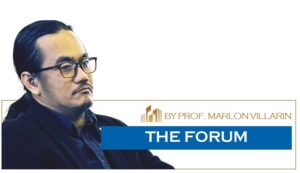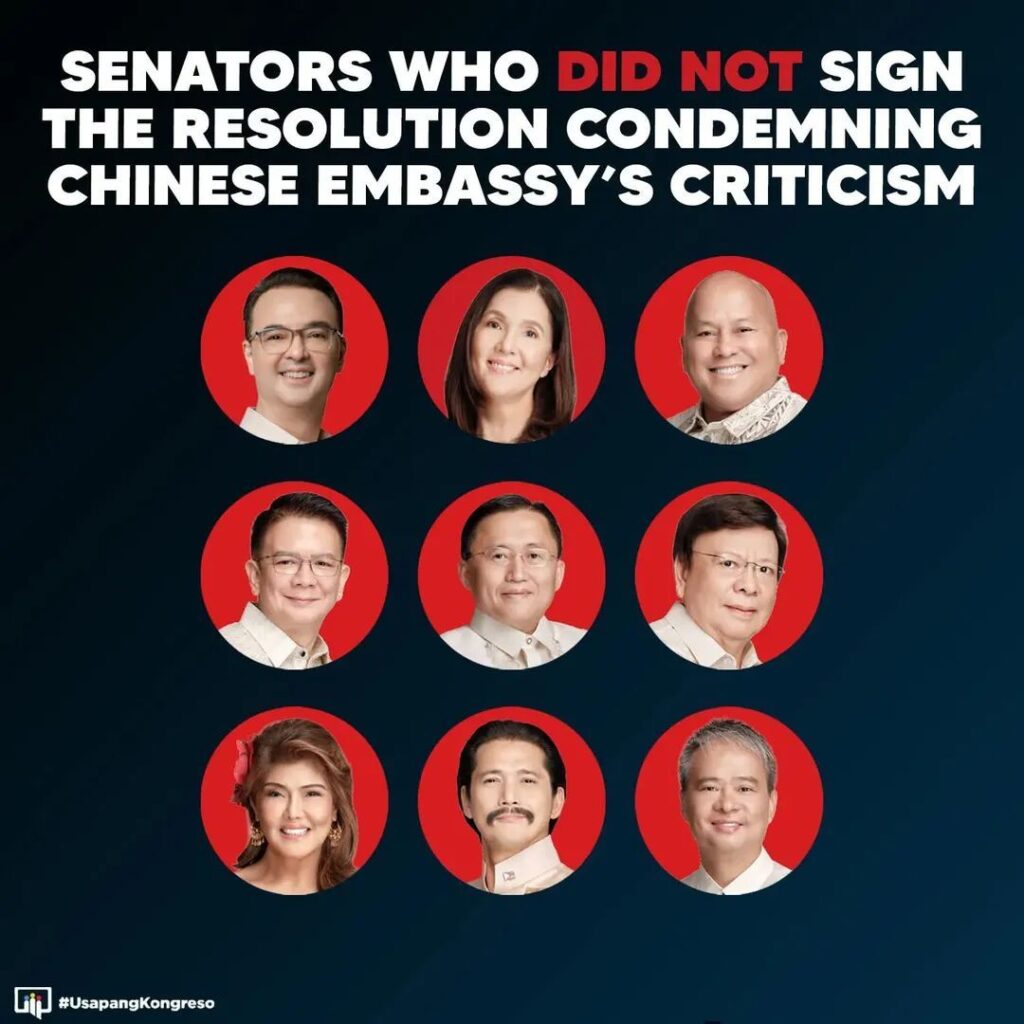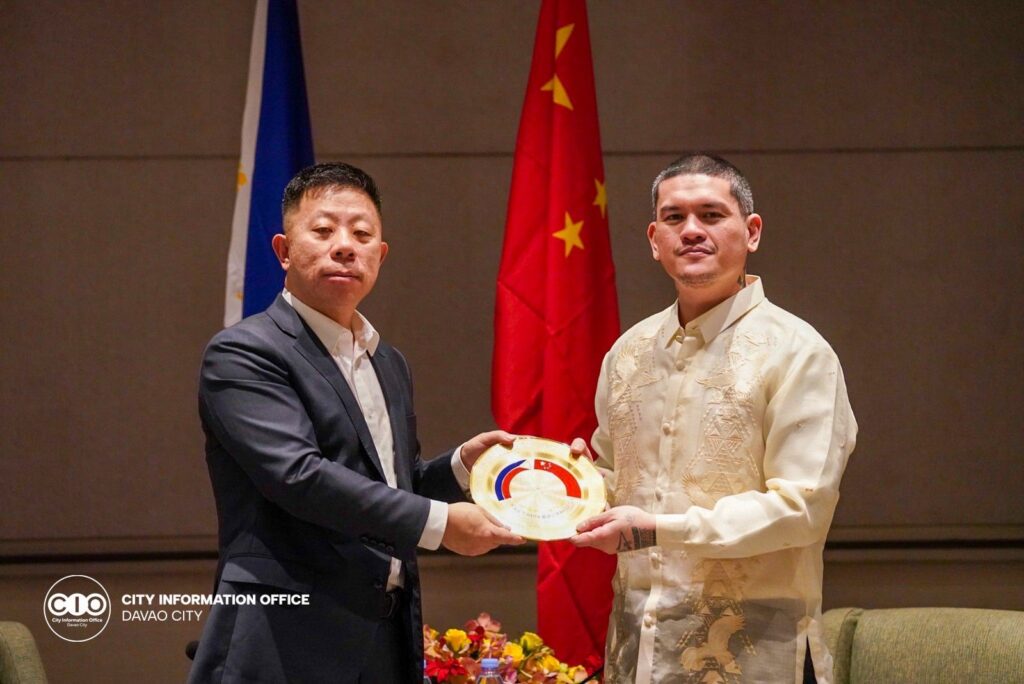In a country grappling with soaring inflation and a cost-of-living crisis, government socio-economic safety nets like the AKAP (Assistance to the Marginalized Population) and the AICS (Assistance to Individuals in Crisis Situation) are being hailed as helplines for many Filipinos, especially the marginalized. However, beneath these well-intentioned social aid programs lies a murky reality that raises serious questions about their true purpose and use.
AKAP was designed to support individuals who, while not amongst the absolute poorest, are severely impacted by the rising cost of goods and services. AICS, on the other hand, aims to provide a range of crucial assistance – from medical help to educational support – for families in distress. At first glance, these programs appear to be compassionate responses to the needs of marginalized sectors. Yet, a deeper dive reveals a disturbing trend: these welfare initiatives may be instruments of political and electoral manipulation, serving to bolster the power of those in Congress rather than truly empowering the citizens they are meant to assist.
The discretion with which local politicians, particularly members of Congress, administer these programs has come under fire. Critics argue that their management often resembles a strategic game of influence rather than genuine altruism. With funding controlled by legislators, the potential for politicization becomes glaringly obvious. As these politicians allocate resources, the line between governance and vote-buying blurs, raising concerns about integrity and motives in social welfare services.
One glaring example is the striking contrast between the scrutiny faced by Vice President Sara Duterte for her proposed budget in 2025 and the ongoing duplicity of AKAP and AICS. The latter, while intended to alleviate hardship, is increasingly viewed as an extension of patronage politics, with the Speaker of the House, Martin Romualdez, wielding unprecedented control over their implementation.
Critics point out that instead of focusing on their legislative duties, Congress members seem intent on usurping executive powers, thereby undermining the very institutions designed to provide aid which is the DSWD. Speaker Martin Romualdez’s ambitions for higher office have further complicated the issue. His interest in these social assistance programs appears less about serving the public good and more about crafting a political platform to upscale himself toward the presidency. While he champions these initiatives in front of the cameras, it remains uncertain whether his actions truly prioritize the welfare of those in need or reflect a calculated quest for power.
Moreover, political hypocrisy runs rampant. While the functions of the DSWD remain vital for social support, the duplicity of utilizing legislative bodies to function like executive agencies raises eyebrows. The irony is hard to miss: lawmakers lambasting the Vice President for overstepping her bounds in proposing direct aid programs, all while they intensify their grip on similar initiatives. As inflation continues to devastate families and individuals across the Philippines, the question remains: how much of assistance do these programs offer, and how much serves the political aspirations of those who control them? For many, the lines between aid and political patronage have become disturbingly blurred. In the end, the fate of these programs lies not just in their ability to alleviate poverty, but in the hands of power-hungry politicians willing to exploit them for their ends. As the 2025 elections loom closer, the people must scrutinize the motives behind AKAP and AICS. Are they truly lifelines, or merely strings attached to the puppetry of political ambition? Only time will tell.




